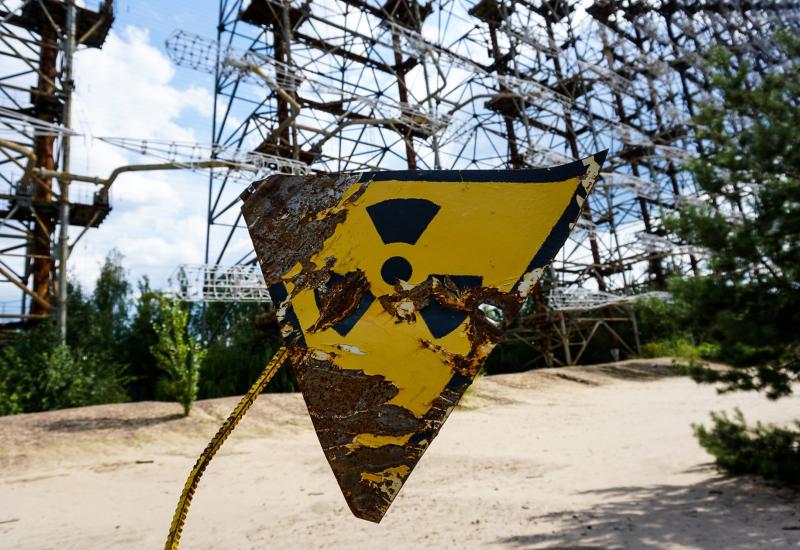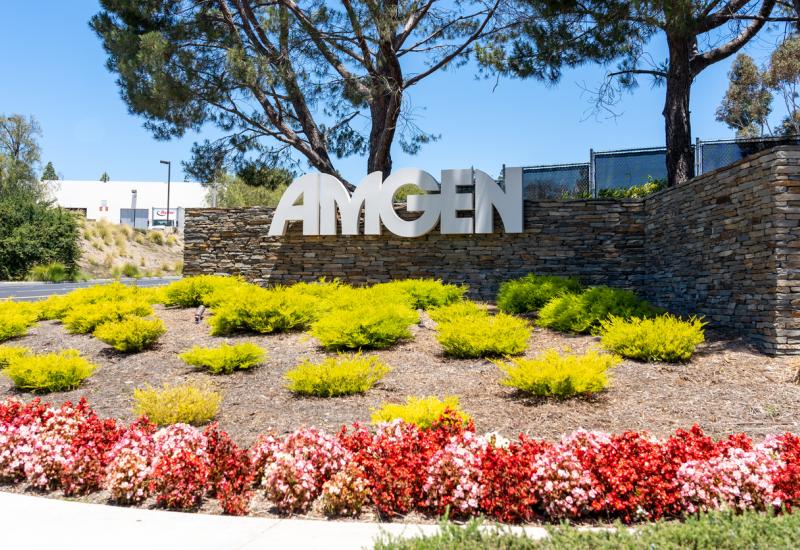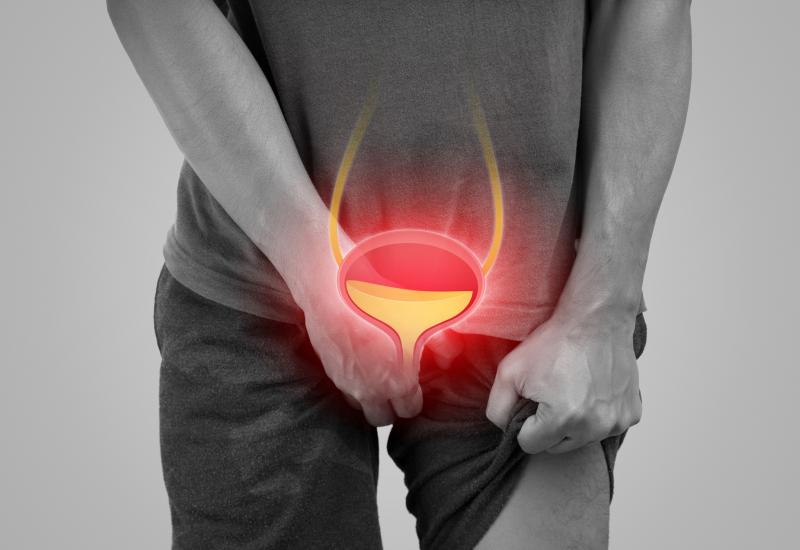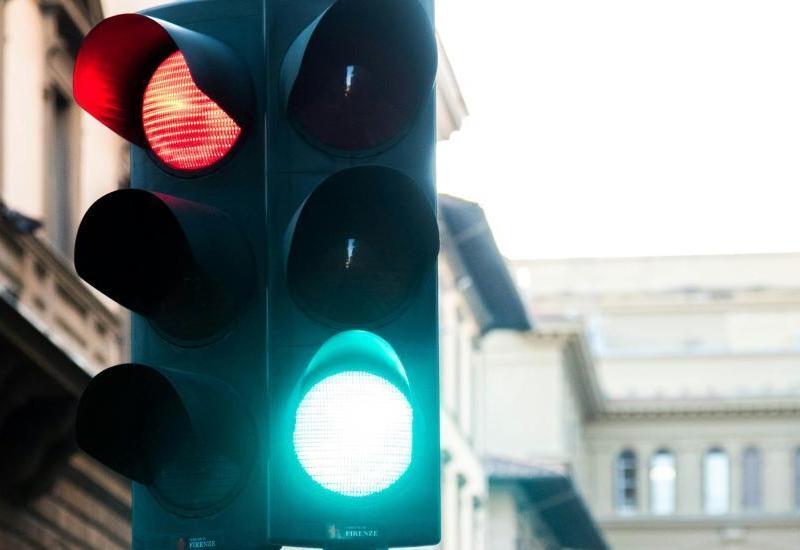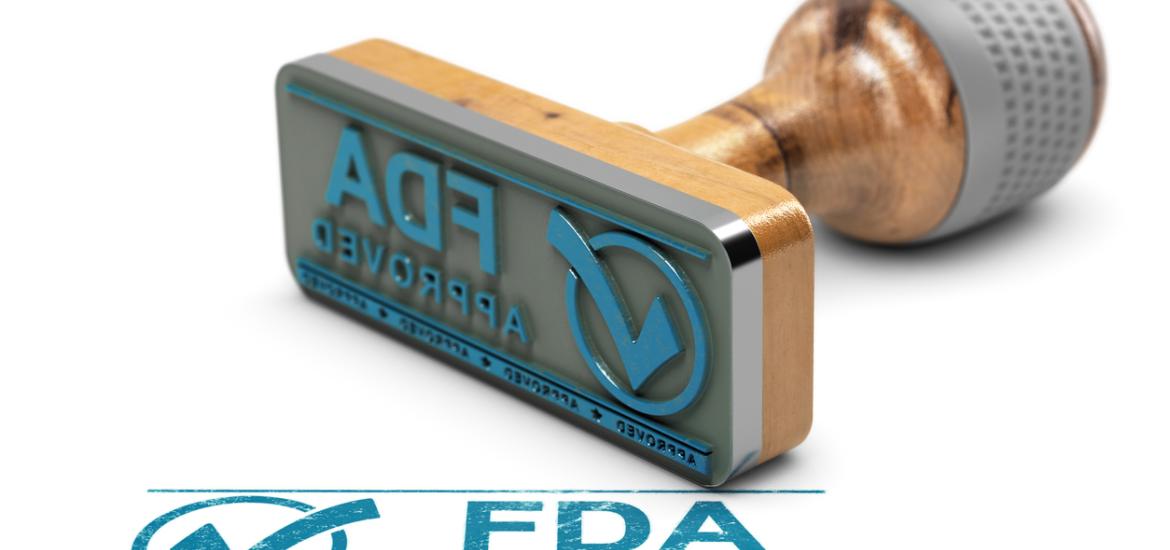
Nuvation gets in before Nuvalent
Ibtrozi breezes through FDA review and gives Nuvation its first approval.
Ibtrozi breezes through FDA review and gives Nuvation its first approval.

Just over a year after acquiring AnHeart, Nuvation has secured US approval for the target company's lead asset, the kinase inhibitor taletrectinib. The drug, trademarked Ibtrozi, has been fully greenlit for ROS1-positive non-small cell lung cancer, irrespective of therapy line.
That's good news for Nuvation, which has secured a broad label with no boxed warning for a drug it picked up cheaply that's backed in large part by data generated in China. Nuvation claims that ROS1-positive NSCLC could become a $3.8bn US market four years after launch, but it must now carry out that launch itself, as well as contend with the threat of Nuvalent's zidesamtinib.
ROS1-positive NSCLC has until now featured the marketed drugs Xalkori (Pfizer), Rozlytrek (Roche) and Augtyro (Bristol Myers Squibb), and Nuvation's Ibtrozi can claim to be numerically superior to all three on ORR and PFS, based on cross-trial data in first-line patients.
Selectivity
However, the incumbents are relatively unselective kinase inhibitors: Xalkori also hits ALK, Rozlytrek also hits TRK, and Augtyro hits ROS1, ALK and TRK.
The real challenger here is zidesamtinib, a molecule the rival company Nuvalent claims to have designed to be truly ROS1-selective, and thus able to avoid neurotoxicities inherent in targeting TRK; Nuvalent is targeting a mid-2025 filing for zidesamtinib in pretreated ROS1-positive NSCLC.
It's perhaps because of TRK-related toxicities, and the difficulty of designing a molecule with significant ROS1 selectivity over TRK, that Nuvation calls Ibtrozi a "next-generation ROS1 inhibitor". Scientific papers point to the molecule having activity also at TRK, and perhaps at ALK, and the newly issued Ibtrozi prescribing information calls the drug a "kinase inhibitor".
In its latest presentation Nuvation claims that Ibtrozi has 11 to 20-fold selectivity for ROS1 over TRK. In an ESMO 2024 poster Nuvalent put this at a more conservative one to sixfold ROS1 preference, while also claiming 240 to 670-fold ROS1 selectivity for its own zidesamtinib.
However such scientific minutiae play out, it's clear that Ibtrozi hardly has a clean safety profile. It might have avoided a boxed warning, but its label does warn of liver toxicity (10% AST and 13% ALT increases graded 3 or higher), interstitial lung disease/pneumonitis, QTc interval prolongation, and creatine phosphokinase elevation.
In terms of efficacy, Nuvation is now able to cite to prescribers ORRs of 90% and 85% in the front line, and 52% and 62% in a relapsed setting, seen in two mid-stage Ibtrozi studies, Trust-I and II. The drug has secured full approval despite being backed by uncontrolled ORR data, its phase 3 study having been requested only by Chinese regulators.
It's also notable that the FDA had no issue with Trust-I and II's populations. The former study was carried out entirely in China, while Chinese patients accounted for about 10% of the latter's enrolment.
Cross-trial ORR comparison
| Drug | Study | ROS1 TKI-naive | 1 prior ROS1 TKI | ≥2 prior ROS1 TKIs |
|---|---|---|---|---|
| Ibtrozi | Trust-I | 90% (93/103) | 52% (34/66) | – |
| Trust-II | 85% (46/54) | 62% (29/47) | – | |
| Zidesamtinib | Arros-1 | – | 53% (9/17) | 41% (21/51) |
Source: OncologyPipeline & prescribing information.
Ibtrozi was originated by Daiichi Sankyo, but was later licensed to AnHeart for an undisclosed amount.
Nuvation bought AnHeart for around $250m in stock, and Ibtrozi wasn't even AnHeart's only asset; the takeover also brought the IDH1 inhibitor safusidenib, which is becoming increasingly important for Nuvation. Meanwhile, Nuvation's erstwhile lead, the BET inhibitor NUV-868, is sidelined under internal review.
Given how little Nuvation paid to get Ibtrozi, the fact the company has already monetised the drug is impressive; a deal with Sagard in March brought Nuvation $150m in return for a 3.0-5.5% royalty on all annual US sales below $1bn, plus a $50bn senior term loan payable on US approval.
Despite this the various issues swirling around Ibtrozi leave investors unconvinced; Nuvation's market cap stands at only $750m, 78% off where it was in 2020 when the company listed via SPAC.
1993


